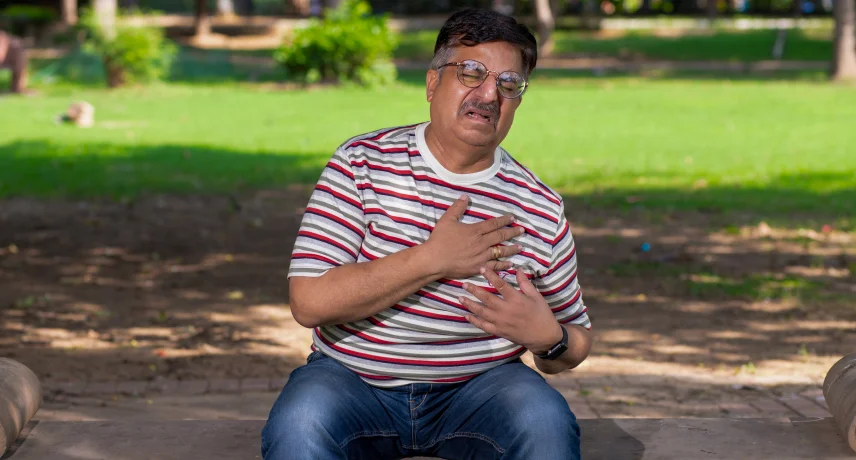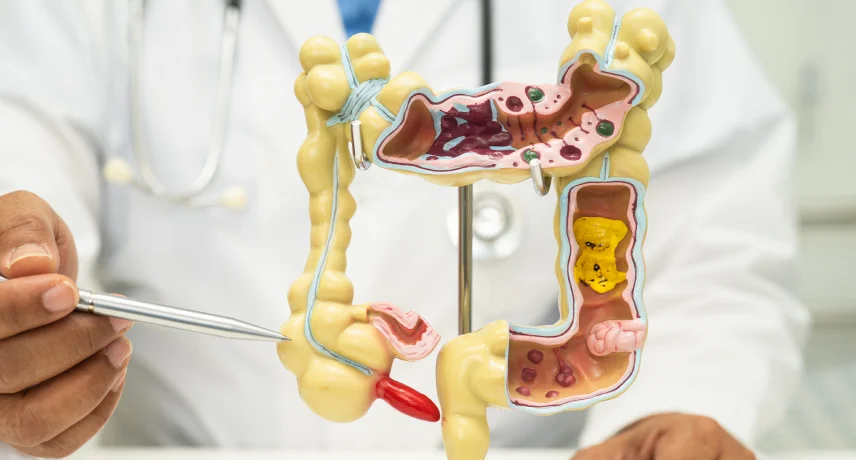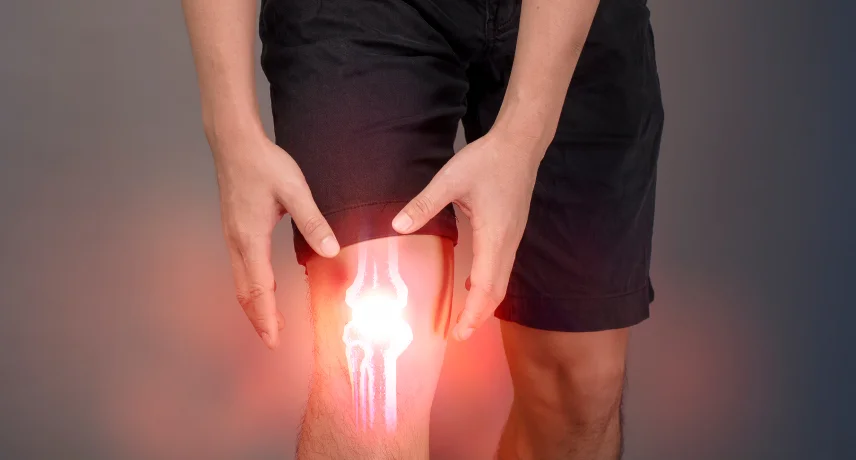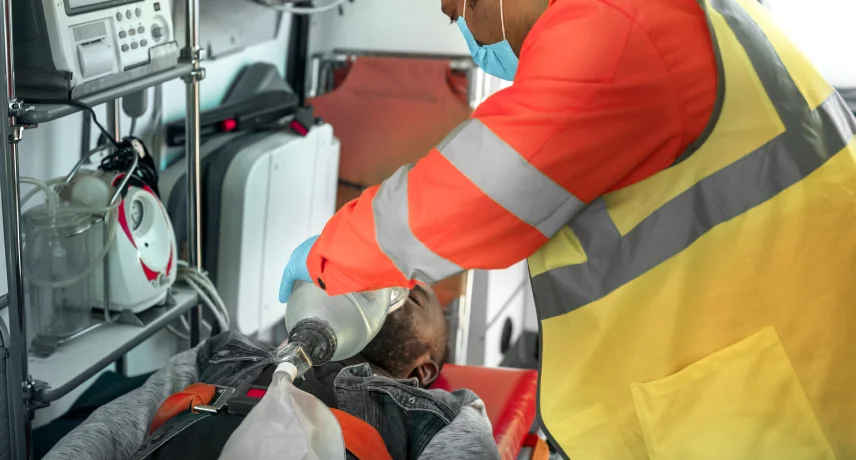
Stroke is one of the most dangerous medical emergencies-yet it's also one of the most misunderstood. Every minute of delay can lead to irreversible brain damage, disability, or even death.
The good news? Recognising stroke symptoms early and acting FAST can save lives and reduce long-term complications.
What is a Stroke?
A stroke happens when blood flow to a part of the brain is interrupted, either due to a blockage (ischemic stroke) or bleeding (hemorrhagic stroke). Without oxygen-rich blood, brain cells begin to die within minutes.
Time lost is brain lost - immediate treatment improves survival and recovery.
Recognise a Stroke with the FAST Test
The easiest way to detect stroke symptoms is to remember the acronym FAST:
- F - Face Drooping: One side of the face looks uneven or numb.
- A - Arm Weakness: Sudden weakness or numbness in one arm.
- S - Speech Difficulty: Slurred or confused speech.
- T - Time to Call Emergency Help: Act fast—call an ambulance immediately.
Even one of these symptoms warrants urgent medical attention.
Stroke: A Growing Concern
With rising rates of hypertension, diabetes, sedentary lifestyles, and stress, the incidence of stroke is increasing across Assam and Northeast India, including Guwahati, Dibrugarh, Silchar, and rural regions.
Many people confuse early stroke signs with fatigue, acidity, or migraines, causing critical delays in treatment.
Stroke Risk Factors You Shouldn't Ignore
Anyone can have a stroke, but your risk increases if you have:
- High blood pressure
- Diabetes
- High cholesterol
- Smoking or alcohol use
- Obesity or inactivity
- Atrial fibrillation or heart disease
- Family history of stroke
Regular screening and lifestyle changes can lower your risk.
How to Prevent a Stroke?
You can significantly reduce your stroke risk by making healthier choices:
- Monitor your blood pressure and sugar regularly
- Eat a balanced, low-salt, low-fat diet
- Avoid tobacco and limit alcohol
- Exercise for 30 minutes most days
- Manage stress through yoga or meditation
- Take prescribed medication consistently
- Get an annual neuro check-up if you're over 40 or at risk
Understanding Neurotrauma
Neurotrauma refers to brain or spinal cord injury caused by accidents, falls, or violence. It can lead to:
- Bleeding inside the skull (which mimics stroke)
- Brain swelling
- Permanent neurological deficits
- Coma or death, if untreated
Peerless Hospital Guwahati offers 24/7 neurosurgical emergency care, including:
- Craniotomies
- Spine stabilisation
- Traumatic brain injury (TBI) management
- Post-traumatic rehabilitation





